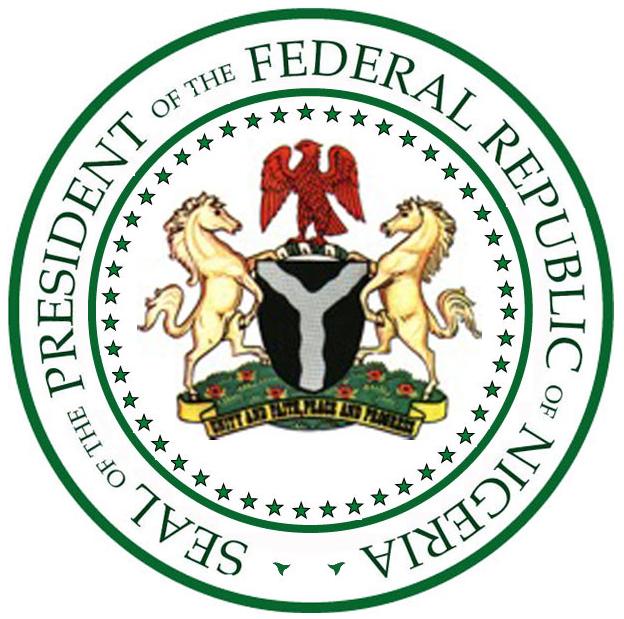
ABUJA, Feb 29 (BERNAMA-NNN-NAN) — Nigeria’s Finance Ministry says it is saving the Federal Government 2.29 billion Naira (about US$1.51 million) monthly since December 2015 by eliminating 23,846 “ghost” workers from its payroll.
A statement issued here Sunday by Festus Akanbi, the Special Adviser for Media to the Minister of Finance, said the government’s salary bill for February 2016 had been reduced by 2.293 billion Naira compared with December 2015.
According to the ministry, the figure represented a percentage of the number of non-existing workers who had hitherto been receiving salary from various ministries, departments and agencies.
According to the statement, its findings are made possible through an ongoing Bank Verification Number (BVN) staff audit and enrollment to the Integrated Payroll and Personnel Information System (IPPIS).
It stated that the findings showed that some civil servants’ salaries were not consistent with the names linked to the accounts into which their salaries were paid. Some individuals in this category were either receiving salary payments from multiple sources, parastatals or they were non-existent.
It stated that the suspected cases of ghost workers were further being investigated in conjunction with the Economic and Financial Crimes Commission (EFCC).
“The Federal Government is also taking actions to pursue recovery of salary balances in bank accounts as well as any pension contributions in respect of the deleted workers. This involves active collaboration with the concerned banks and the National Pension Commission (Pencom),” the statement said.
“The Ministry noted that the Military Pension Board had revised the amount payable for its due pension contributions on a monthly basis by N575m, following its annual verification for military retirees. This reduced the number of pensioners by 19,203 as a result of deaths since the last verification in 2012.
“The Federal Government, in its efforts to reduce personnel cost, is determined to continue the verification programme on a regular periodic basis.”

